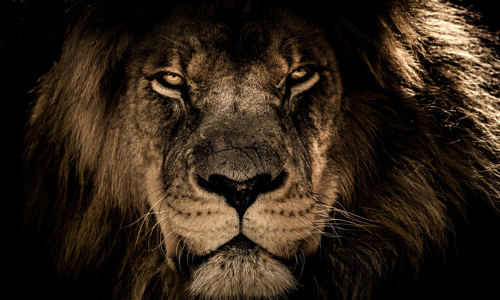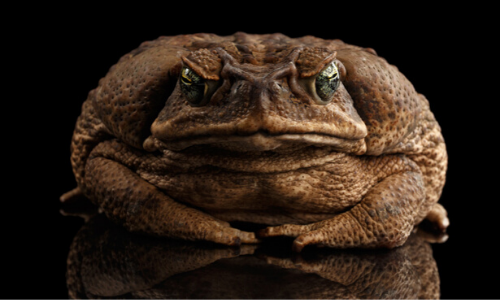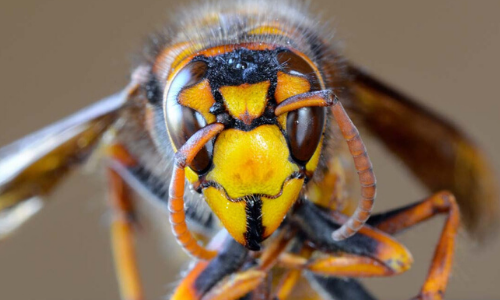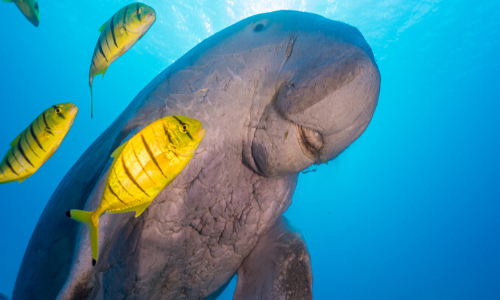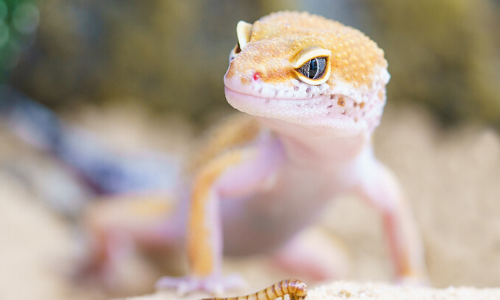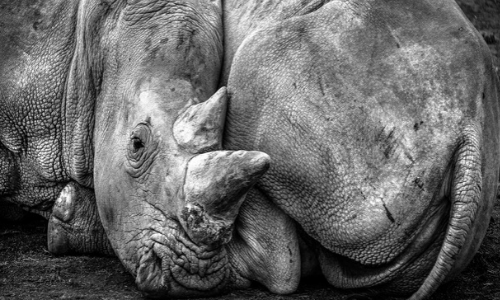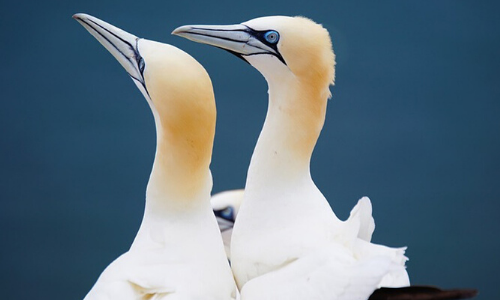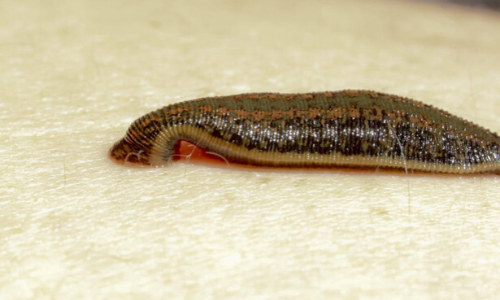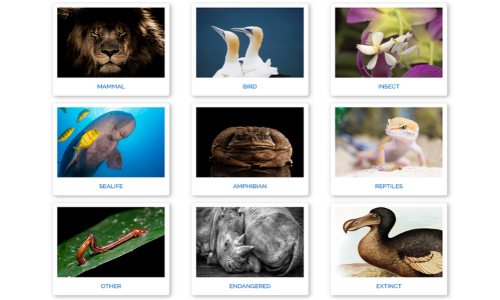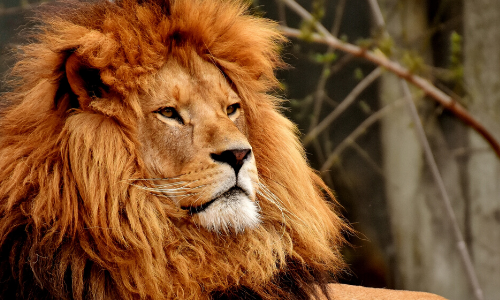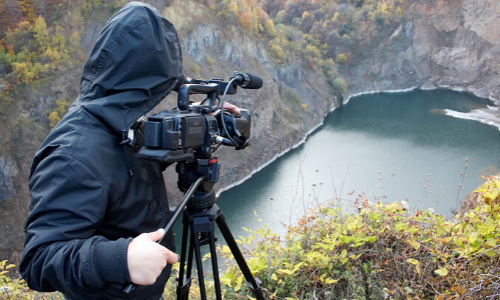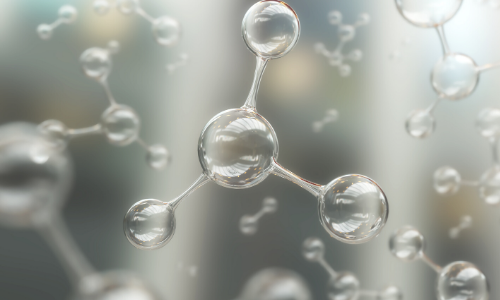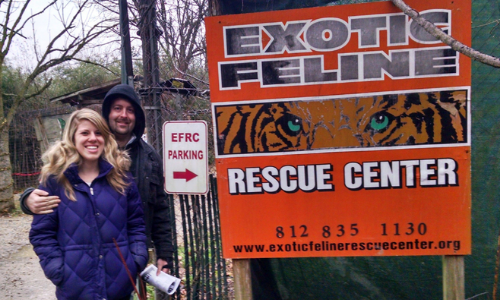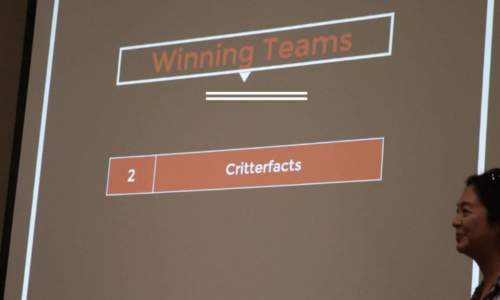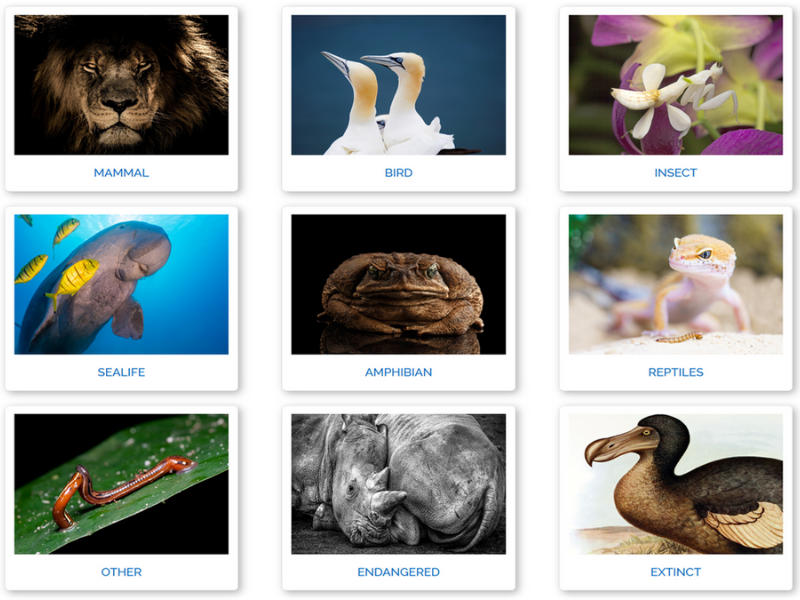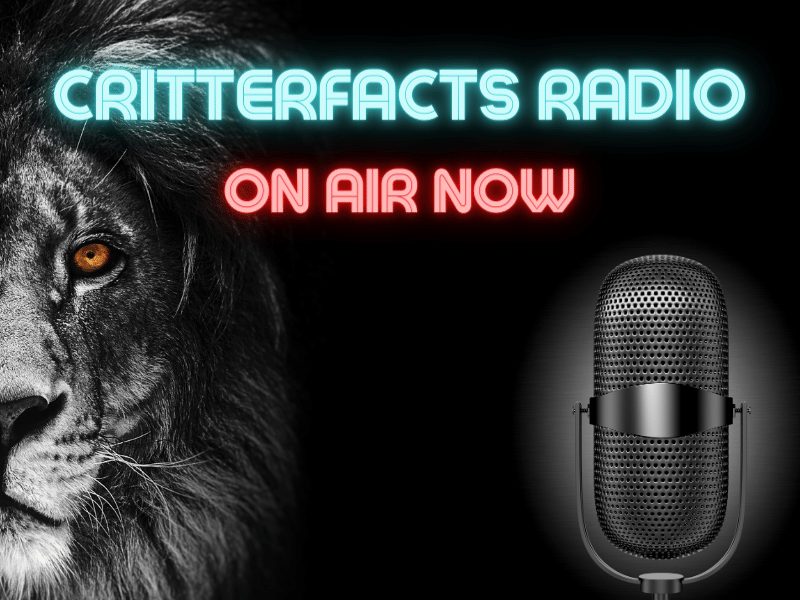Octopuses have gained such popularity in recent years. There are many marine researchers studying them and publishing their findings, authors are writing popular books about them, and the more we learn about their intelligence the more we, as humans, are drawn to them. But what is it like to work with this incredible species? I’m here to give you a sneak peek.
Octopus husbandry will differ depending on the species and size, so I’m going to try to focus this article on the Giant Pacific Octopus (GPO). This is a cold-water species, and as their name indicates, they are found on the coasts of the Northern Pacific Ocean. GPO’s are the largest species of octopus, growing to be about 50-80lbs on average when they reach their adult size.
Now, this may be surprising to some of you, but octopuses don’t have tentacles, they have arms covered in suckers. Tentacles on cephalopods are much longer than arms, and only have suckers on the tips, kind of like a club. Arms are shorter, stronger, and have suckers all of the way down to the ends. So octopuses have 8 arms and squid have 8 arms plus 2 tentacles. Another lesser-known fact is that octopuses have 9 brains and 3 hearts. And the only hard part on their body is their beak, so anything their beak can fit through their entire body can also fit through.

Image by Dani Jensen
You’ve probably seen many videos of octopuses opening jars, solving mazes, and mimicking other creatures. There are many dedicated scientists currently studying the intelligence and life cycles of these creatures, but we can agree that, yes, they are incredibly intelligent. So how do aquarists, like myself, make the lives of these smart creatures we care for fun and interesting?
Well first, most aquariums only acquire octopuses when they get caught in fishing equipment and have some sort of hook-related injury. These animals are easy targets for predators if they are released after their injuries, but they can live a meaningful life under human care. We get to learn more about them, educate the public, and they get to live a relaxing life, predator-free. The conservation status of most octopus species is not well known, so as marine environment stewards, aquarists try to do our best not to take animals from their natural range without good reason.

Image by Dani Jensen
Now, just because an octopus has an injury, doesn’t mean it has lost its problem-solving skills. Aquarists have to make sure that an octopus enclosure is extremely escape-proof since octopuses have been known to escape from time to time. This is not in their best interest because they could end up near heavy machinery, or in another tank with a big predator, or get lost and be in danger of drying out. It’s our job to keep them safe, and a secure enclosure is a great way to do that.
Aquarists will instead try to fill the octopus’ time with enrichment items. These are things that are mentally and physically stimulating for the animal. Some good examples are a variety of food toys, live crabs, ice blocks, dog toys, and hamster balls. They are enriched multiple times a day to keep them active and interested. They are also fed a variety of food items that they would be eating in their natural range. Good nutrition is just another way that we keep all the animals in our care as healthy as possible.

Image by Dani Jensen
Unfortunately, these magnificent eight-armed wonders only live around 2-4 years naturally and they are the longest-lived octopus species. Females of most octopus species are semelparous, which means after they lay their eggs they will soon die. They will only reproduce once in their lifetime and the term for their state leading up to their death is called “senescence.” Males will usually senesce in the last 3-4 months of their lives.
It’s a sad process for the aquarists who do everything in their power to make the octopuses as comfortable as possible near the end. They will usually shrink in size, lose their appetite, and lose interest in play and interactions. It is, however, a completely natural process that octopuses experience in their natural range as well.
In conclusion, octopuses are extremely rad. They teach us a lot about the ocean and conservation, they are charismatic creatures that people can easily connect within aquariums, which will in turn make people want to be stewards for the ocean environment as well.

